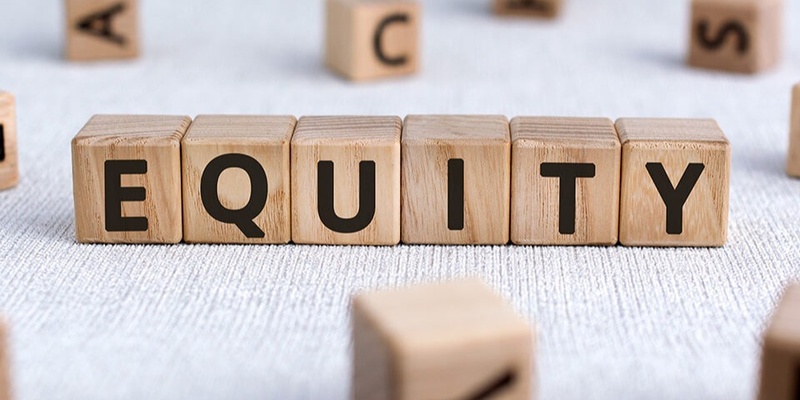Imagine this scenario: you're at your local car dealership, excited to drive off with your dream car. You've chosen the perfect vehicle, but the only thing standing in your way is the down payment. As you ponder your options, you might wonder, can you make a car down payment with a credit card?
In this article, we'll delve into the details of whether it's feasible to use your trusty credit card to cover your car down payment. We'll explore the advantages and disadvantages of this approach and provide you with some essential tips to ensure a hassle-free transaction.
Using a Credit Card for Your Car Down Payment
Traditionally, when it comes to making a down payment on a car, the expectation is that it's a cash or check transaction. However, the reality is more flexible, and using a credit card for this purpose is indeed an option. Let's explore the possibilities.
Advantages and Disadvantages of Using a Credit Card for Your Car Down Payment
While it is possible to use your credit card for a car down payment, it's essential to weigh the pros and cons before making your decision.

Advantages
Convenience: Using a credit card is incredibly convenient. It eliminates the need to visit an ATM, cash a check, or carry a substantial amount of cash. With a simple swipe or tap, you can complete your down payment in seconds.
Cashback and Rewards: If your credit card offers cashback rewards or mileage points, this can be a fantastic way to earn something back on a significant expense. It's a chance to get a little extra value when making a big purchase.
Building Credit: Responsible use of your credit card can help build or improve your credit score. By making a substantial payment like a car down payment, you demonstrate your creditworthiness, which can lead to more favorable terms on your auto loan.
Security: Credit cards come with built-in fraud protection. If, for any reason, there's an issue with your purchase, you can dispute it with your credit card company. This level of protection is not available with cash or checks.
Disadvantages
While there are clear advantages to using a credit card for your down payment, there are also some disadvantages to consider:
Interest Rates: Credit card interest rates can be high, particularly if you don't pay off the balance immediately. This means you could end up paying more for your car in the long run due to interest charges.
Credit Limit: Your credit limit can be a limiting factor. If your down payment exceeds your credit limit, you might need to use multiple cards or find an alternative payment method.
Dealer Policies: It's important to note that not all car dealerships accept credit cards for down payments. To avoid surprises, check with the dealership in advance to ensure this option is available.
Tips for a Smooth Credit Card Down Payment

If you decide to use your credit card for your car down payment, here are some valuable tips to make the process as smooth as possible:
Check with the Dealer: Before you get too excited, check with the dealership to confirm whether they accept credit card payments and if there are any specific requirements or fees associated with using a credit card.
Know Your Credit Limit: Ensure that your credit card's limit is sufficient to cover your down payment to avoid complications.
Pay Off the Balance: To avoid high-interest charges, aim to pay off the credit card balance as soon as possible. This ensures that the down payment doesn't become a long-term debt.
Check for Promotions: Some credit cards may offer 0% APR promotions for the initial months. If you can make your payment during this period, it's an excellent way to avoid interest charges.
Record Your Transaction: Keep detailed records of your transaction, including receipts and any communication with the dealership. This documentation can be valuable if any disputes arise.
Double-Check the Car Deal: Make sure that the terms and conditions of your car purchase are clear. Be aware of the interest rates, loan duration, and any additional fees that may apply.
Alternatives to Credit Card Payments
While using a credit card can be convenient, it's not the only option for your car down payment. Consider these alternatives:
Cash or Check: The traditional route involves paying your down payment with cash or a personal check. This method is widely accepted and avoids any credit card-related concerns.
Auto Financing: Many car buyers opt for financing, where you put down a smaller amount or sometimes no down payment at all. You then pay the rest through monthly installments, usually at lower interest rates compared to credit cards.
Conclusion:
In the end, whether to use a credit card for your car down payment depends on your financial situation and goals. While it offers convenience and potential rewards, it also comes with the risk of high interest rates.
Before making your decision, do your homework. Understand your credit card's terms and the dealer's policies. Always strive to minimize your interest charges and make the process as smooth as possible. Remember, the open road awaits, and with the right choice, it's yours to explore.







